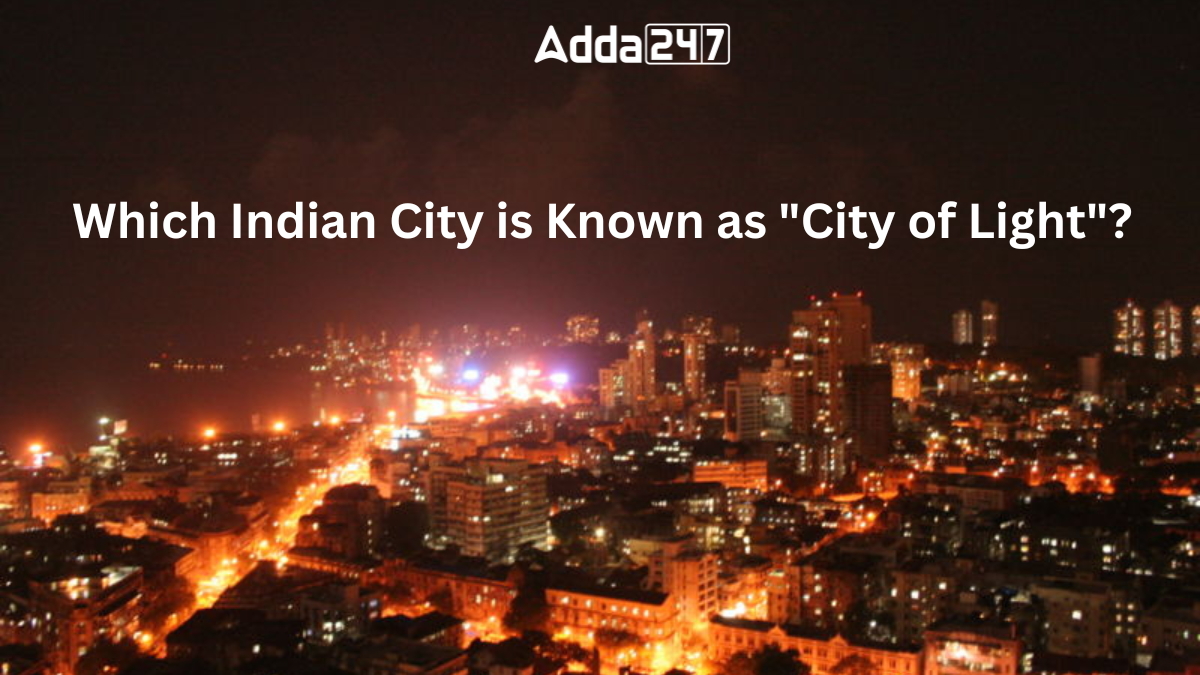India’s cities are often known not just by their original names but also by unique nicknames, which contribute to their global recognition. In this series exploring various Indian cities, we delve into a new city known as the “City of Light,” or “Roshni Ka Shahar” in Hindi. Let’s discover more about this vibrant city nestled in the northern part of India.
Which Indian City is Known as “City of Light”?
Varanasi, one of the oldest and holiest cities in India, is famously known as the “City of Light.” Situated in the northern part of the country, Varanasi holds immense spiritual significance and is adorned with countless temples and ghats along the sacred Ganges River. Its alternate name, derived from Sanskrit, reflects the city’s radiant aura and spiritual enlightenment that seekers and pilgrims seek amidst its ancient streets and ghats.
Why is Varanasi Known as the “City of Light”?
Varanasi derives its nickname from its historical and cultural significance. According to legends, the mention of “Kashi” (another name for Varanasi) can be found in epic narratives like the Mahabharata. The word “Kashi” originates from the Sanskrit word “Kash,” meaning “to shine.” Thus, the name became associated with illumination and radiance.
Varanasi’s Spiritual Essence
Varanasi’s ghats, the iconic riverfront steps leading to the Ganges River, are illuminated by oil lamps, creating a spectacle of light during evening rituals. This interplay of light and spirituality has earned Varanasi its moniker as the “City of Light.” Moreover, the city’s association with Lord Shiva, the Hindu deity of destruction and transformation, further enhances its spiritual aura.
The Tale Behind “Banaras” and “Varanasi”
Today, the city is predominantly known as Varanasi. The rationale behind this name lies in the confluence of two rivers – the Varuna and the Asi – with the Ganges. The meeting point, or “sangam,” gives rise to the name “Varanasi.” However, the origins of the name “Banaras” remain uncertain. Some theories suggest that the amalgamation of education, religion, knowledge, culture, and traditions in the city led to the term “Banaras.”




 Which Glacier is known as the 8th Wonder...
Which Glacier is known as the 8th Wonder...
 Which Country is the Largest Producer of...
Which Country is the Largest Producer of...
 Which District is known as the Medical C...
Which District is known as the Medical C...








